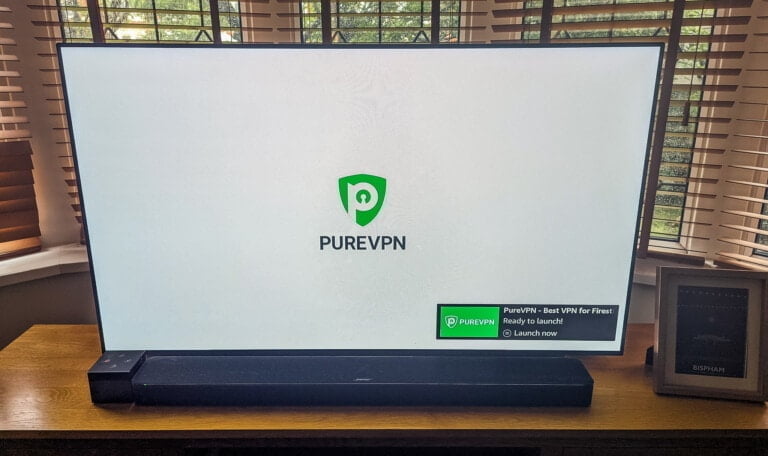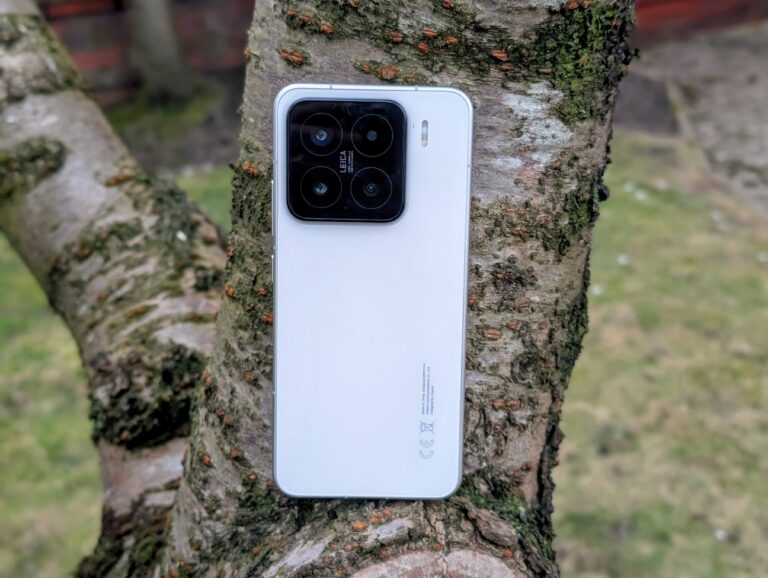Any links to online stores should be assumed to be affiliates. The company or PR agency provides all or most review samples. They have no control over my content, and I provide my honest opinion.
AMD is expected to launch the new Ryzen 7000 series of processors in just over a month. As usual for these product launches, we are seeing a growing number of leaks.
Serial leaker Wccftech has published what is expected to be the full specification of the new AMD Ryzen 7000 ‘Raphael’ Desktop CPUs.
The leaked specs include the number of cores and threads, the TDP, based/boost clocks and the L2/L3 cache. Pricing has also been published in USD, but I expect that could change.
The AMD Zen 4 architecture brings with it an increase of 8-10% for the IPC. However, the bulk of the performance gains come from a significant increase in base and boost clock frequencies. Unfortunately, as you may expect, there is also a corresponding increase in the TDP vs the previous 5000 series generation.
AMD Ryzen 7000 vs 5000 Series Specification and Pricing
The below table covers the main specification between the up-and-coming AMD Ryzen 7000 series CPUs and the previous 5000m series. None of the specs is 100% confirmed, and I am sceptical of the pricing being completely accurate.
For the 5000 series, I have listed MSRP at launch.
| CPU | Architecture | Process NODE | Cores / Threads | Base Clock | Boost Clock | Cache | TDP | Price |
|---|---|---|---|---|---|---|---|---|
| AMD Ryzen 9 7950X | Zen 4 | 5nm | 16/32 | 4.5 GHz | 5.7 GHz | 80 MB (64+16) | 170W | $700 |
| AMD Ryzen 9 5950X | Zen 3 | 7nm | 16/32 | 3.4 GHz | 4.9 GHz | 72 MB (64+8) | 105W | $799 |
| AMD Ryzen 9 7900X | Zen 4 | 5nm | 12 / 24 | 4.7 GHz | 5.6 GHz | 76 MB (64+12) | 170W | $600 |
| AMD Ryzen 9 5900X | Zen 3 | 7nm | 12 / 24 | 3.7 GHz | 4.8 GHz | 70 MB (64+6) | 105W | $549 |
| AMD Ryzen 7 7700X | Zen 4 | 5nm | 8 / 16 | 4.5 GHz | 5.4 GHz | 40 MB (32+8) | 105W | $300 |
| AMD Ryzen 7 5700X | Zen 3 | 7nm | 8 / 16 | 3.4 GHz | 4.6 GHz | 36 MB (32+4) | 105W | $299 |
| AMD Ryzen 5 7600X | Zen 4 | 5nm | 6 / 12 | 4.7 GHz | 5.3 GHz | 38 MB (32+6) | 105W | $200 |
| AMD Ryzen 5 5600X | Zen 3 | 7nm | 6 / 12 | 3.7 GHz | 4.6 GHz | 35 MB (32+3) | 65W | $299 |
The prices look a bit off when you look at the previous generation. If it is accurate, I am not complaining at all. Two of the CPUs have dropped in price since the previous generation. Considering how everything has gone up in price significantly recently, this would be a welcome surprise.
It is odd that there isn’t much of a trend in the price changes. AMD Ryzen 7 7700X is pretty much the same price as the 5700X, and the 7600X & 7950X have had a significant price reduction vs the 5600X & 5950X. Then the odd one out in the group is the 7900X, which has increased by $50 from the previous generation.
Clock Frequencies vs TDP
Looking at the table, it is also odd that the AMD Ryzen 7 7700X is reported to have the same TDP even though the clocks have been increased significantly.
I also wondered how the clock speeds relate to the TDP in general.
For the AMD Ryzen 9 7950X, you have an impressive 44% and 16% uplift in clock speeds for the base and boost clock with a 62% increase in TDP vs the 5950X.
Moving down the list, you have the AMD Ryzen 9 7900X with a 27% and 17% uplift in clocks speeds and a 62% increase in TDP vs the 5900X
The AMD Ryzen 7 7700X increased by 32% and 17% but has the same TDP as the previous generation.
Lastly, the 5600X increased by 27% and 15%, with a 62% increase in TDP.
AMD has claimed that power efficiency has gone up by 25%, and this will mostly be due to the reduced 5nm fabrication process.
All the new CPUs benefit from double the L2 cache from the previous generation while keeping the same L3 cache.
AMD Ryzen 7000 requires a new AM5 motherboard and DDR5 RAM (No DDR4)
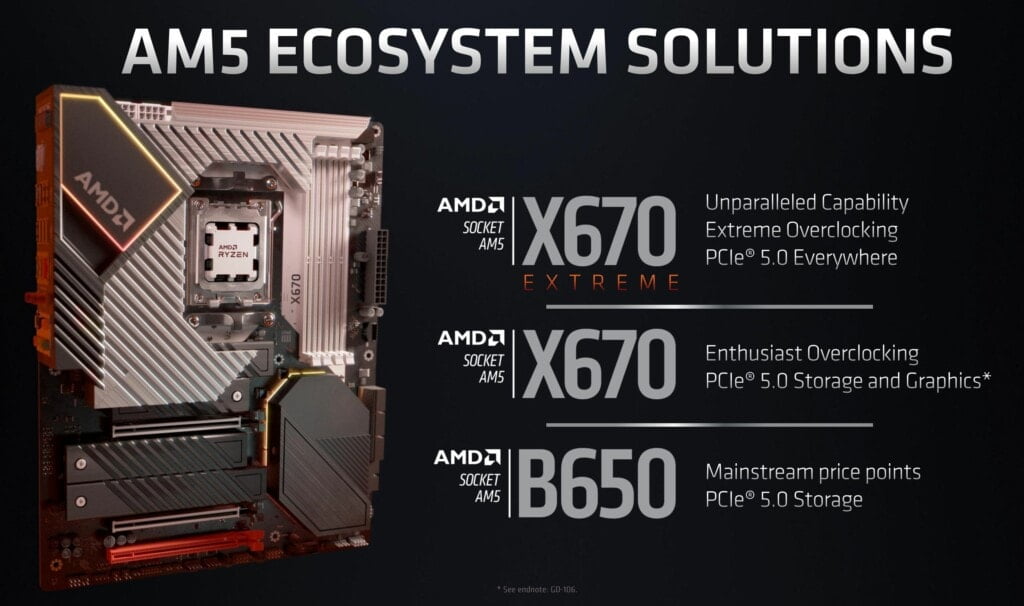
One of the biggest issues people will have if they want to upgrade is the requirement for a new AM5 motherboard. On top of this, you will have to upgrade your RAM to DDR5 as the Ryzen 7000 series will not support DDR4 RAM sticks.
Overall
The AMD Ryzen 7000 series looks like a suitably impressive range of CPUs with a significant upgrade from the previous generation. I don’t particularly see myself as a fanboy, but I switched from Intel with the 1st generation Ryzen and have upgraded my system with each generation.
Technically I could have kept my motherboard throughout the upgrade process, but I am currently on X470.
I’d say I am less eager to upgrade this time around. My X470 motherboard was expensive enough as it is. I am not eager to buy a CPU, motherboard and RAM. I don’t even game that much nowadays.
With everyone feeling the pinch with inflation and recession, it will be interesting to see what sort of demand the Ryzen 7000 series and AM5 platform will have compared to previous generations. Alder Lake doesn’t require DDR5, so this could give Intel quite a bit of an edge in terms of value for money.
I am James, a UK-based tech enthusiast and the Editor and Owner of Mighty Gadget, which I’ve proudly run since 2007. Passionate about all things technology, my expertise spans from computers and networking to mobile, wearables, and smart home devices.
As a fitness fanatic who loves running and cycling, I also have a keen interest in fitness-related technology, and I take every opportunity to cover this niche on my blog. My diverse interests allow me to bring a unique perspective to tech blogging, merging lifestyle, fitness, and the latest tech trends.
In my academic pursuits, I earned a BSc in Information Systems Design from UCLAN, before advancing my learning with a Master’s Degree in Computing. This advanced study also included Cisco CCNA accreditation, further demonstrating my commitment to understanding and staying ahead of the technology curve.
I’m proud to share that Vuelio has consistently ranked Mighty Gadget as one of the top technology blogs in the UK. With my dedication to technology and drive to share my insights, I aim to continue providing my readers with engaging and informative content.

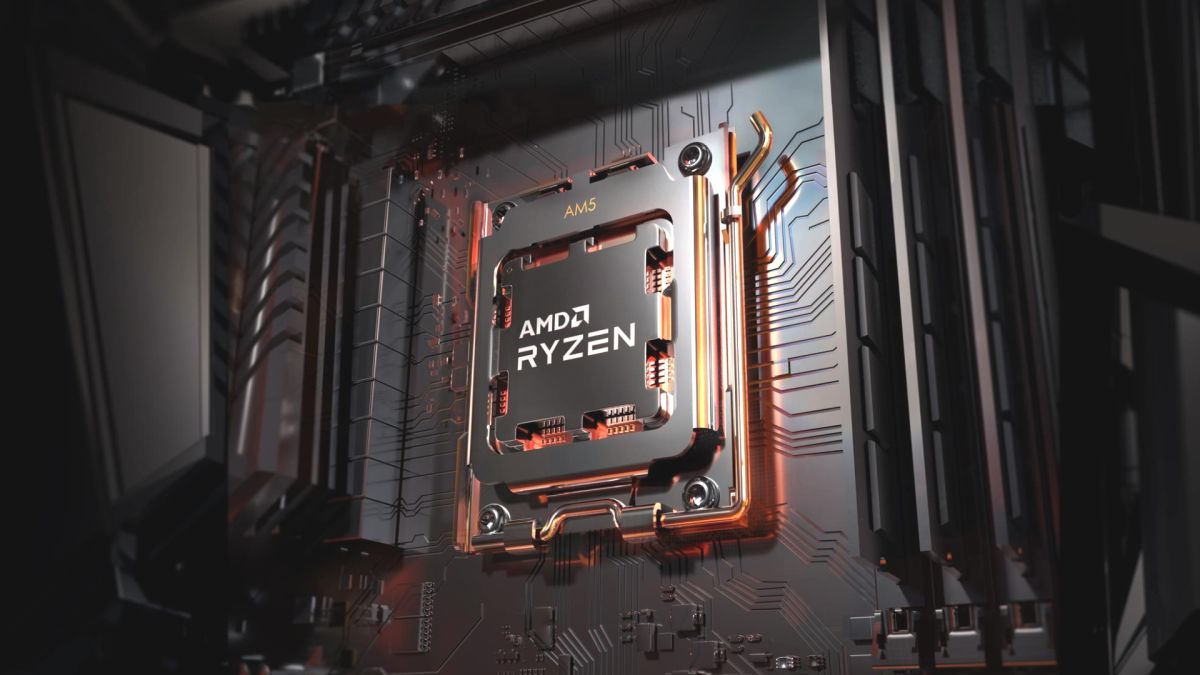
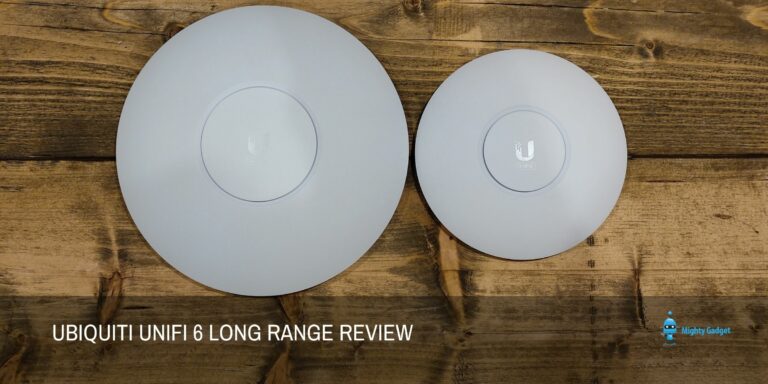
![TP Link Kasa TRV and Hub scaled 1 TP-Link Kasa Smart Thermostatic Radiator Valve KE100 KIT Review – An excellent affordable smart TRV that now works with Tapo [2024 Update]](https://mightygadget.co.uk/wp-content/uploads/2024/05/TP-Link-Kasa-TRV-and-Hub-scaled-1-768x578.webp)
